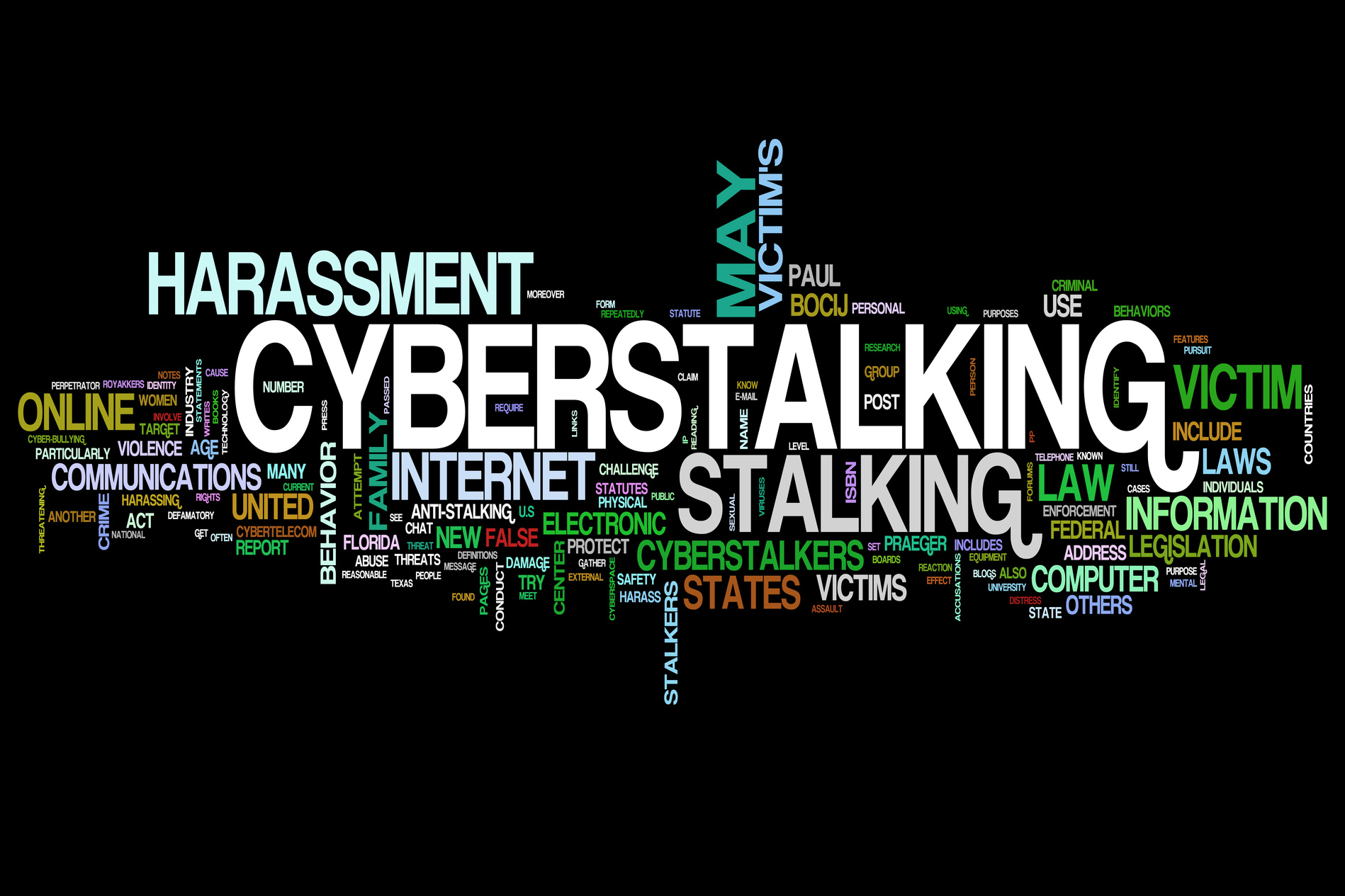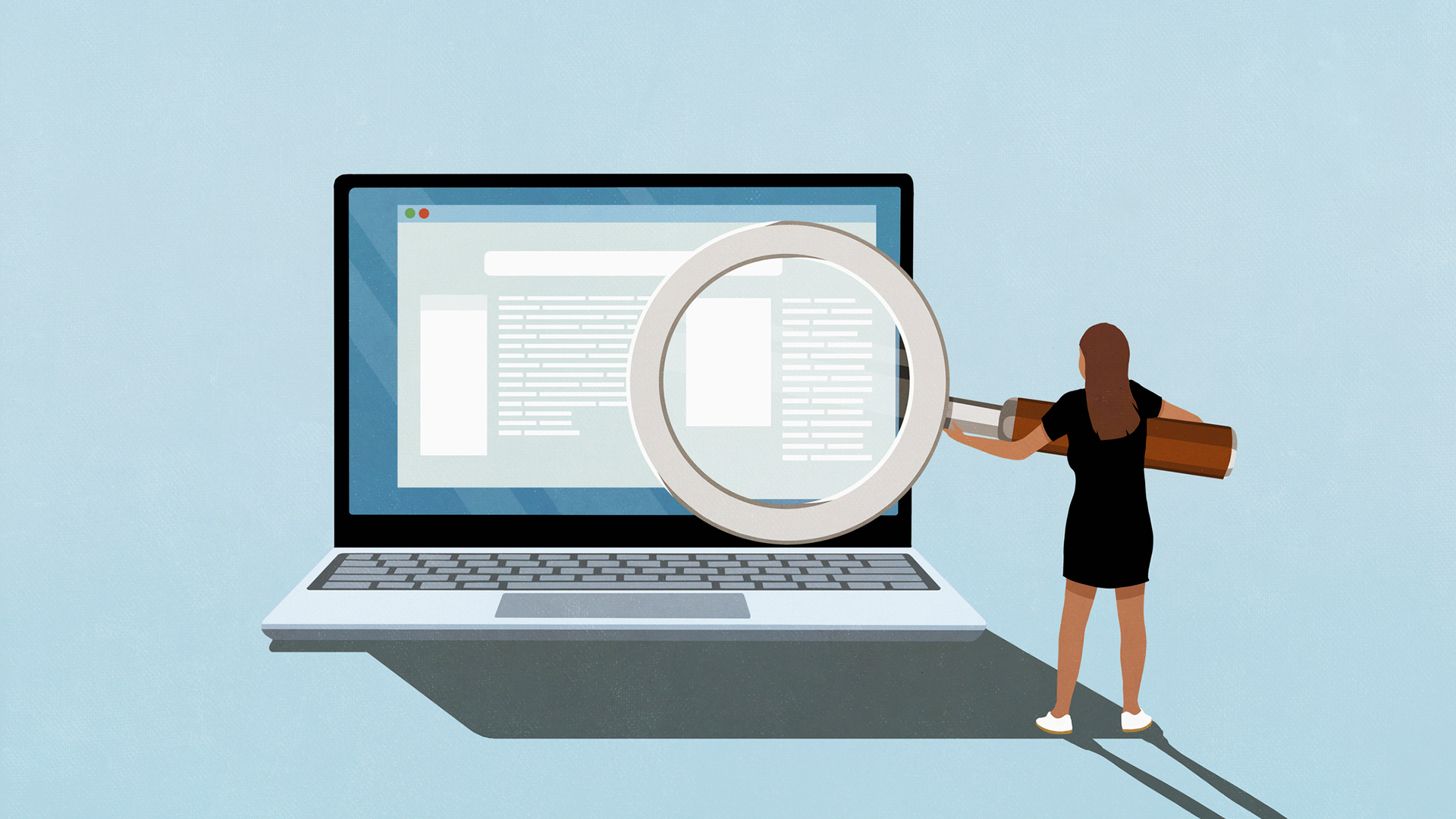Q&A: How can businesses deal with cyber stalking?
With service providers apparently doing little to help cyber stalking victims, businesses could offer the support affected employees need.


Sign up today and you will receive a free copy of our Future Focus 2025 report - the leading guidance on AI, cybersecurity and other IT challenges as per 700+ senior executives
You are now subscribed
Your newsletter sign-up was successful
If someone starts stalking you online, you could be in for a rough time.
Cyber stalking has caused serious mental distress for many people, as noted by a new report indicating the impact on the victim's psyche can be hugely detrimental.
The research, carried out by the University of Bedfordshire, even likened the eventual trauma to experiences of sexual assault or bomb victims.
It also showed three in 10 cyber stalking victims felt let down by their service providers, so evidently more support is required.
This is where employers could help. We spoke to Professor Carsten Maple, co-director of the University of Bedfordshire's National Centre for Cyber-stalking Research, about what businesses could do to help workers affected by this worrying trend.
How bad can cyber stalking actually get?
In extreme cases, of course, it has led to fatalities and murder, but that is very, very uncommon.
Sign up today and you will receive a free copy of our Future Focus 2025 report - the leading guidance on AI, cybersecurity and other IT challenges as per 700+ senior executives
There's also this measure of whether you've got Post-Traumatic Stress Disorder (PTSD).
What we can say is that when people are stalked by more than one method, maybe online and offline, they have reported similar levels of PTSD as bomb victims.
Now, we're not trying to say it's as bad, but people can have the same level of PTSD.
We live so much of our lives online now it's a real concern.
At the other end of the scale, over 45 per cent of males were concerned about loss of reputation, so you can see how it builds into the workplace environment.
Is the problem in part due to inherent flaws in modern communications technology?
Well, it's a new communications paradigm, isn't it?
With modern communications, things can be taken in the wrong way. You must have sent a text which has got you in trouble before, right?
When you're next to someone you can read body language and you just can't get that online.
Where do you draw the line between when it's just banter and when it is harassment?
Tom Brewster is currently an associate editor at Forbes and an award-winning journalist who covers cyber security, surveillance, and privacy. Starting his career at ITPro as a staff writer and working up to a senior staff writer role, Tom has been covering the tech industry for more than ten years and is considered one of the leading journalists in his specialism.
He is a proud alum of the University of Sheffield where he secured an undergraduate degree in English Literature before undertaking a certification from General Assembly in web development.
-
 Agile methodology might be turning 25, but it’s withstood the test of time
Agile methodology might be turning 25, but it’s withstood the test of timeNews While Agile development practices are 25 years old, the longevity of the approach is testament to its impact – and it's once again in the spotlight in the age of generative AI.
-
 Will a generative engine optimization manager be your next big hire?
Will a generative engine optimization manager be your next big hire?In-depth Generative AI is transforming online search and companies are recruiting to improve how they appear in chatbot answers
-
 Meta to pay $725 million in Cambridge Analytica lawsuit settlement
Meta to pay $725 million in Cambridge Analytica lawsuit settlementNews The settlement closes the long-running lawsuit into how Facebook's owner, Meta, handled the Cambridge Analytica scandal
-
 Meta's earnings are 'cause for concern' and 2023 looks even bleaker
Meta's earnings are 'cause for concern' and 2023 looks even bleakerAnalysis Calls for investor faith in metaverse tech only emphasise the worries that its investment strategy won't pay off
-
 Microsoft and Meta announce integration deal between Teams and Workplace
Microsoft and Meta announce integration deal between Teams and WorkplaceNews Features from both business collaboration platforms will be available to users without having to switch apps
-
 Facebook is shutting down its controversial facial recognition system
Facebook is shutting down its controversial facial recognition systemNews The move will see more than a billion facial templates removed from Facebook's records amid a push for more private applications of the technology
-
 'Changing name to Meat': Industry reacts to Facebook's Meta rebrand
'Changing name to Meat': Industry reacts to Facebook's Meta rebrandNews The rebrand attempts to provide a clearer distinction between Facebook and its umbrella company
-
 Facebook's Oversight Board demands more transparency
Facebook's Oversight Board demands more transparencyNews Board bashed the social media giant for its preferential treatment of certain high-profile accounts
-
 Facebook claims AI managed to reduce hate speech by 50%
Facebook claims AI managed to reduce hate speech by 50%News The social media platform has hit back at claims the tech it uses to fight hate speech is inadequate
-
 Facebook to hire 10,000 workers across the EU
Facebook to hire 10,000 workers across the EUNews The high-skilled jobs drive is a “vote of confidence” in the European tech industry
